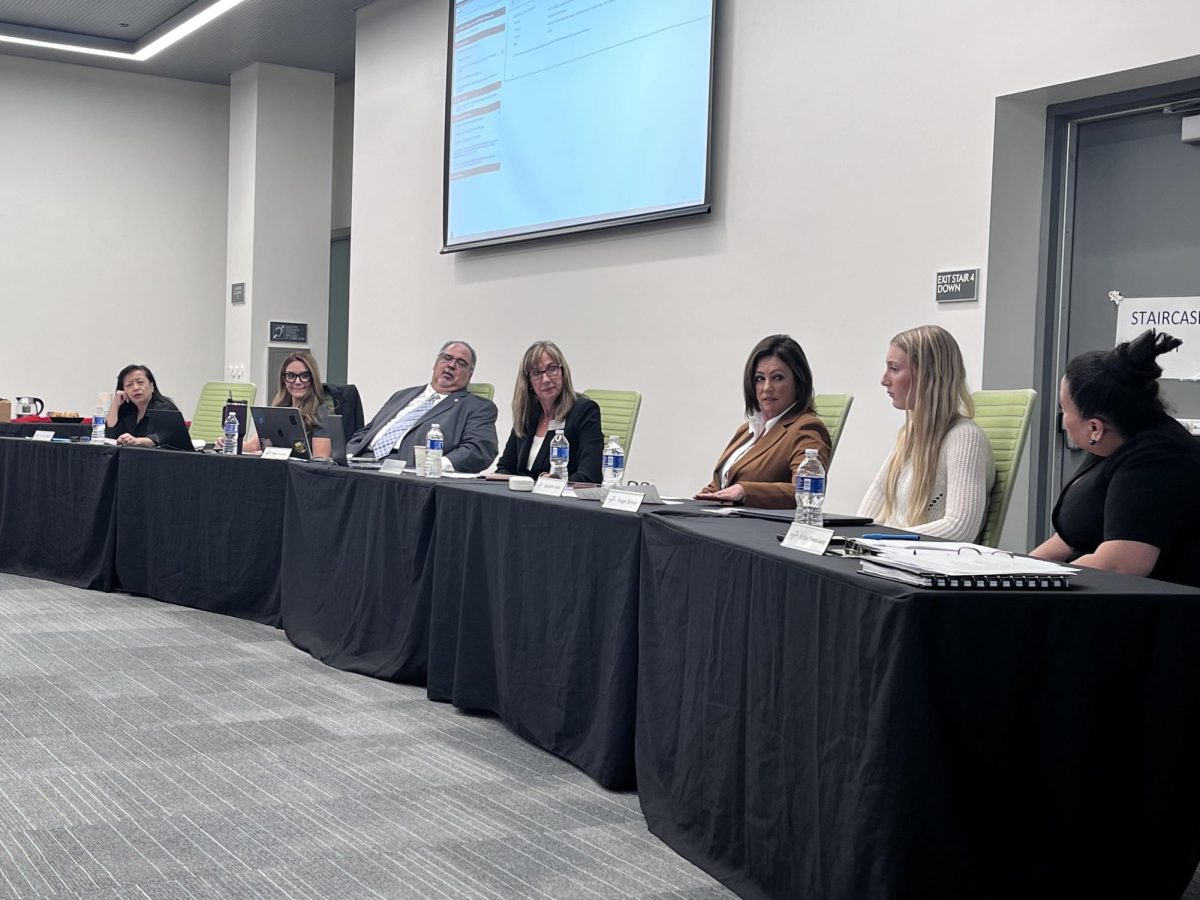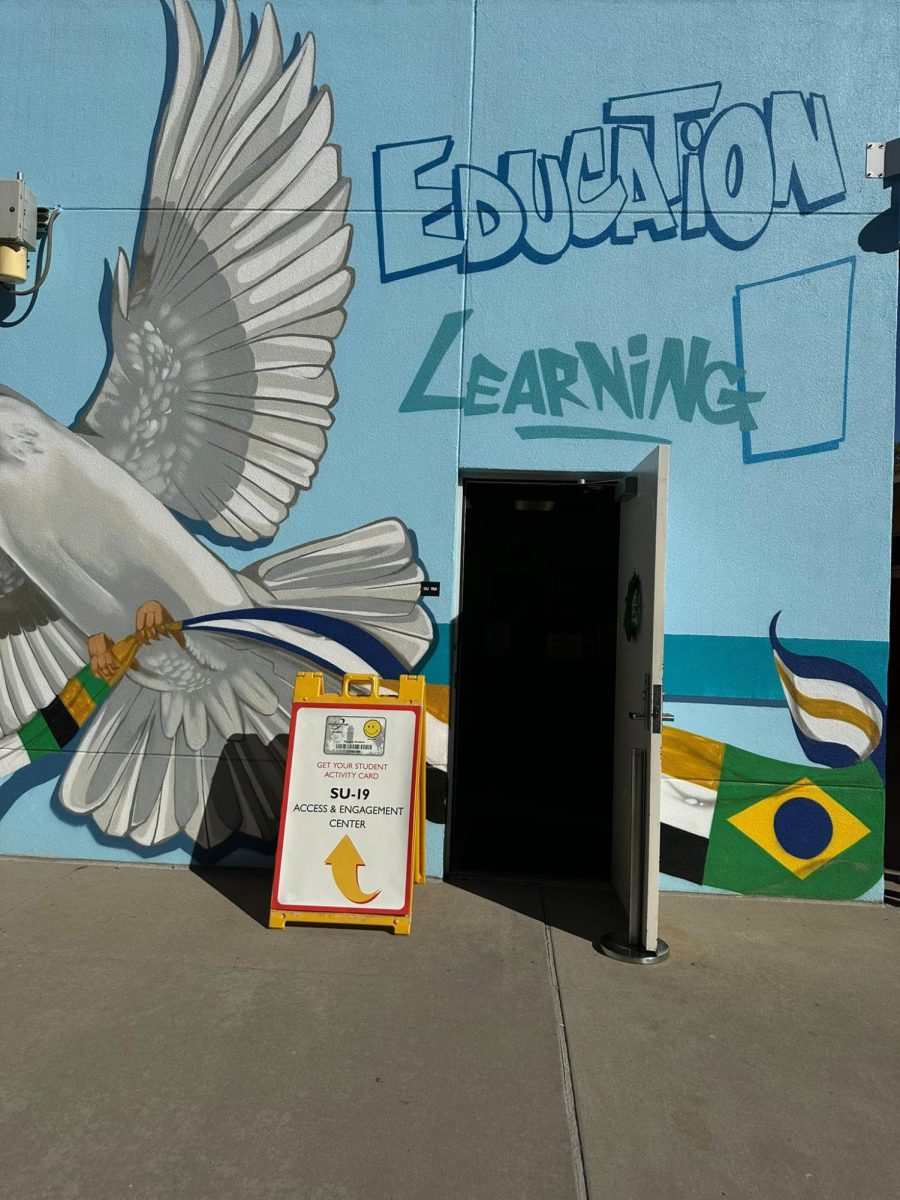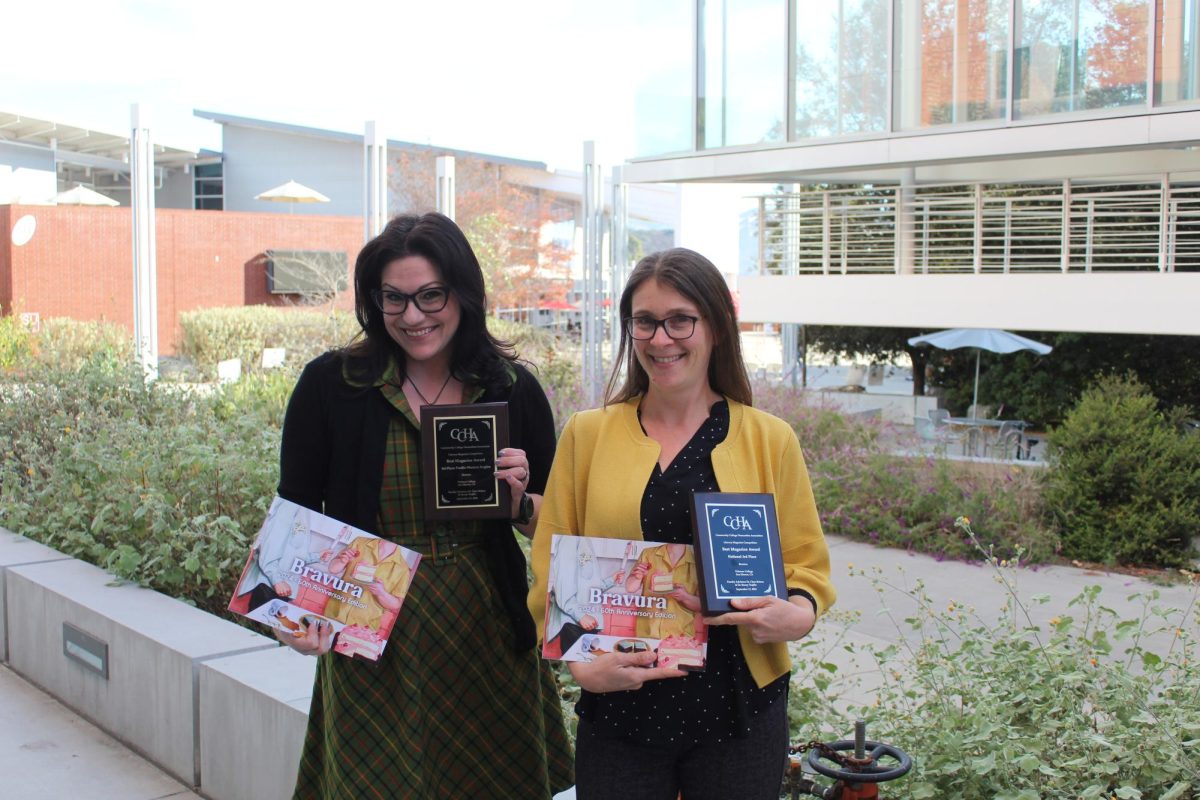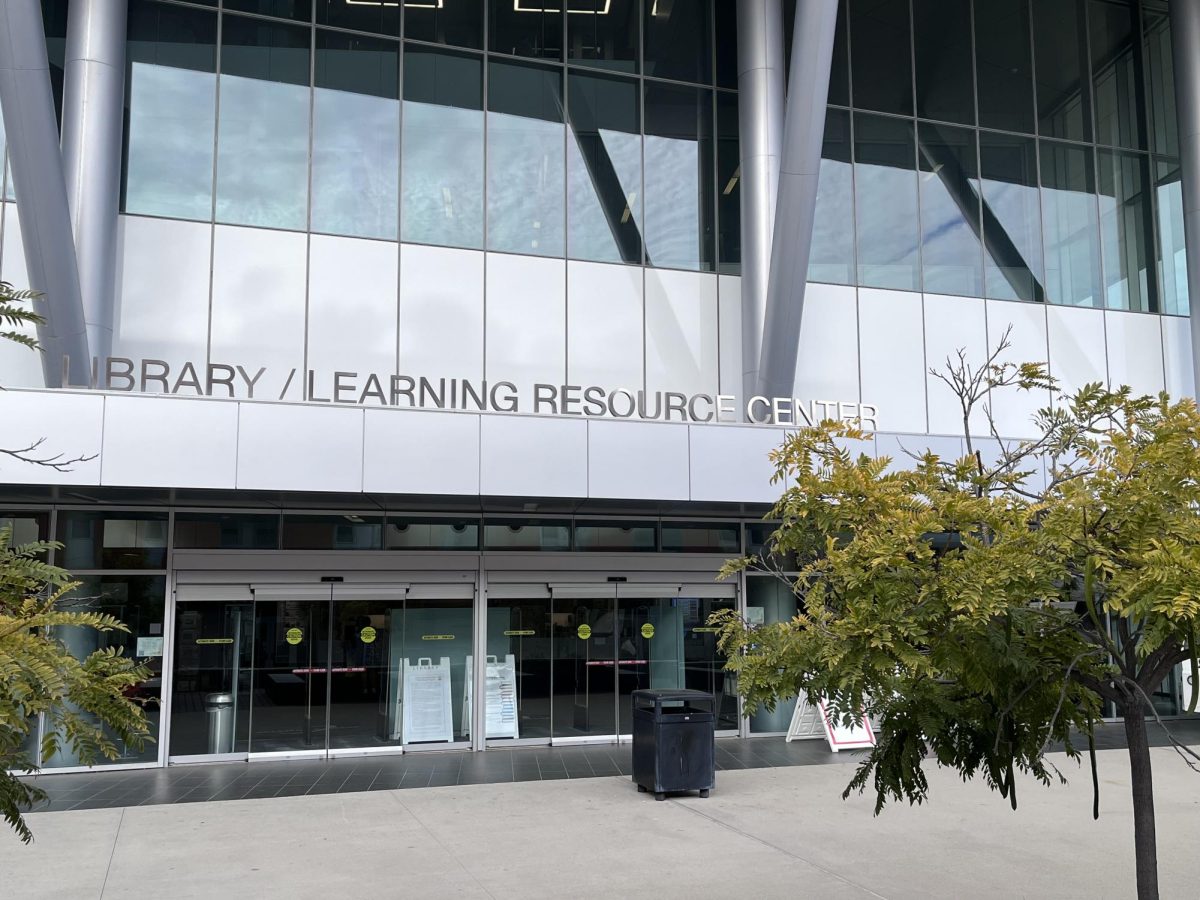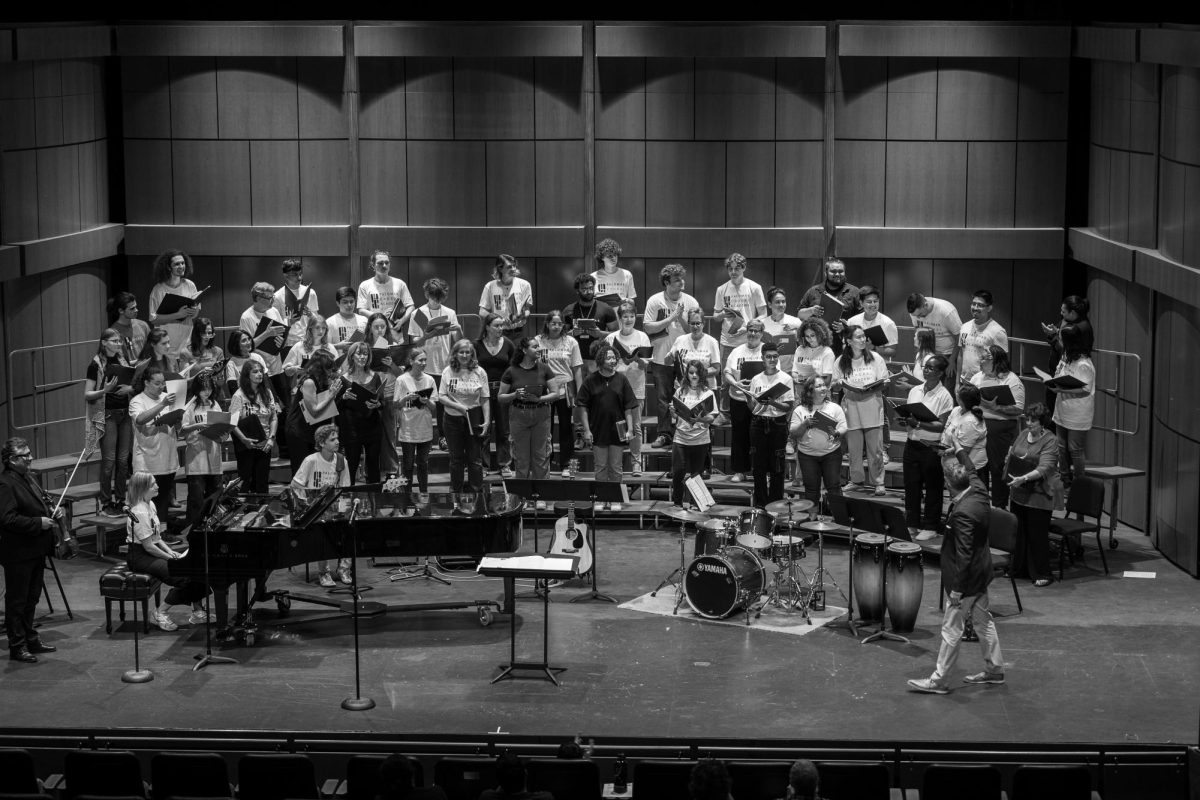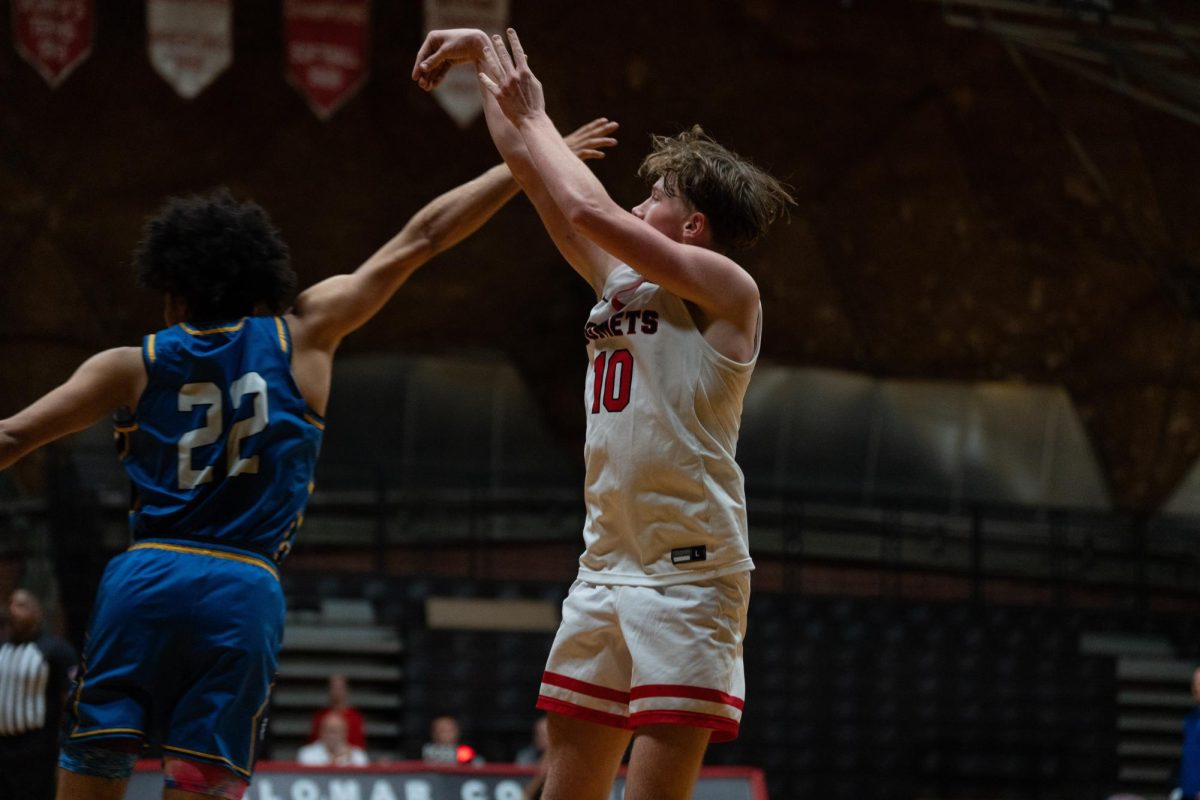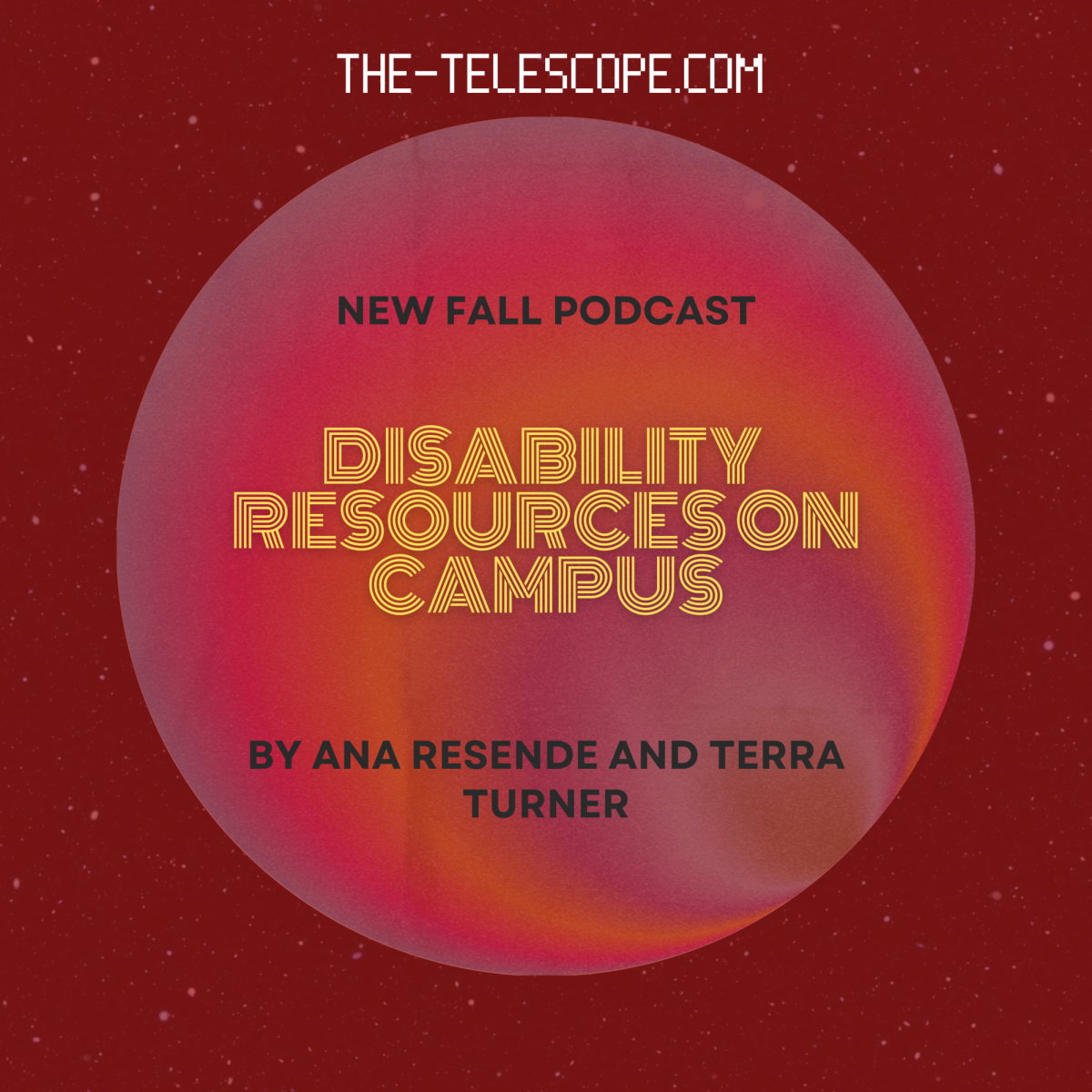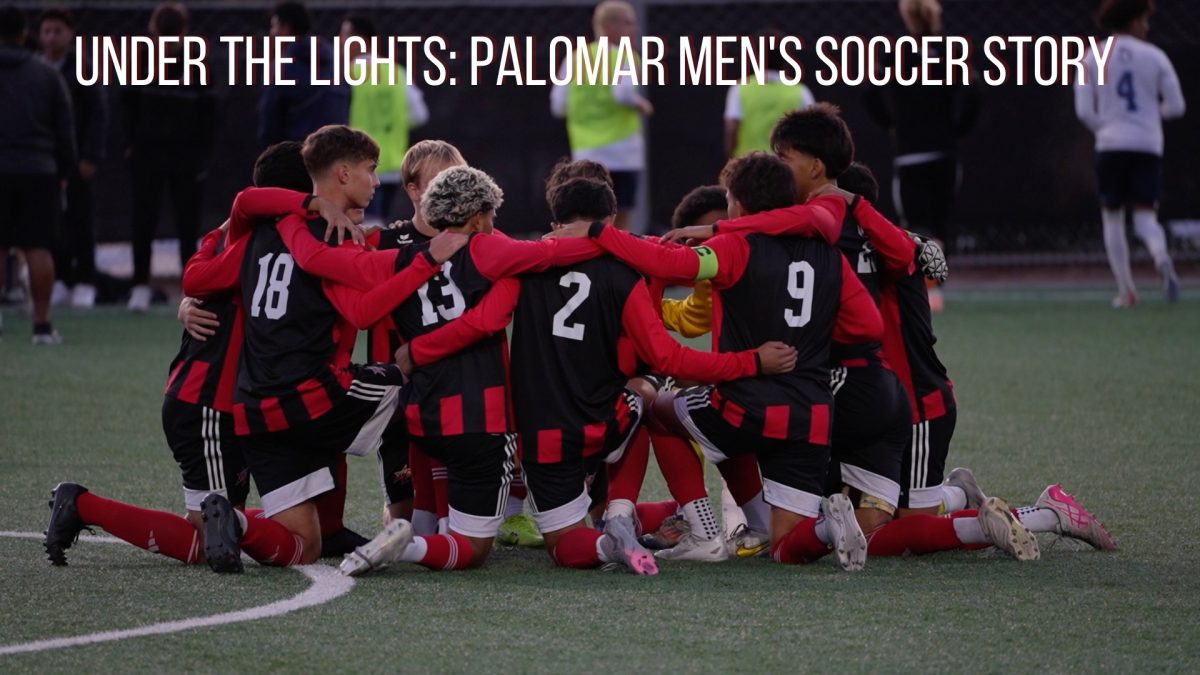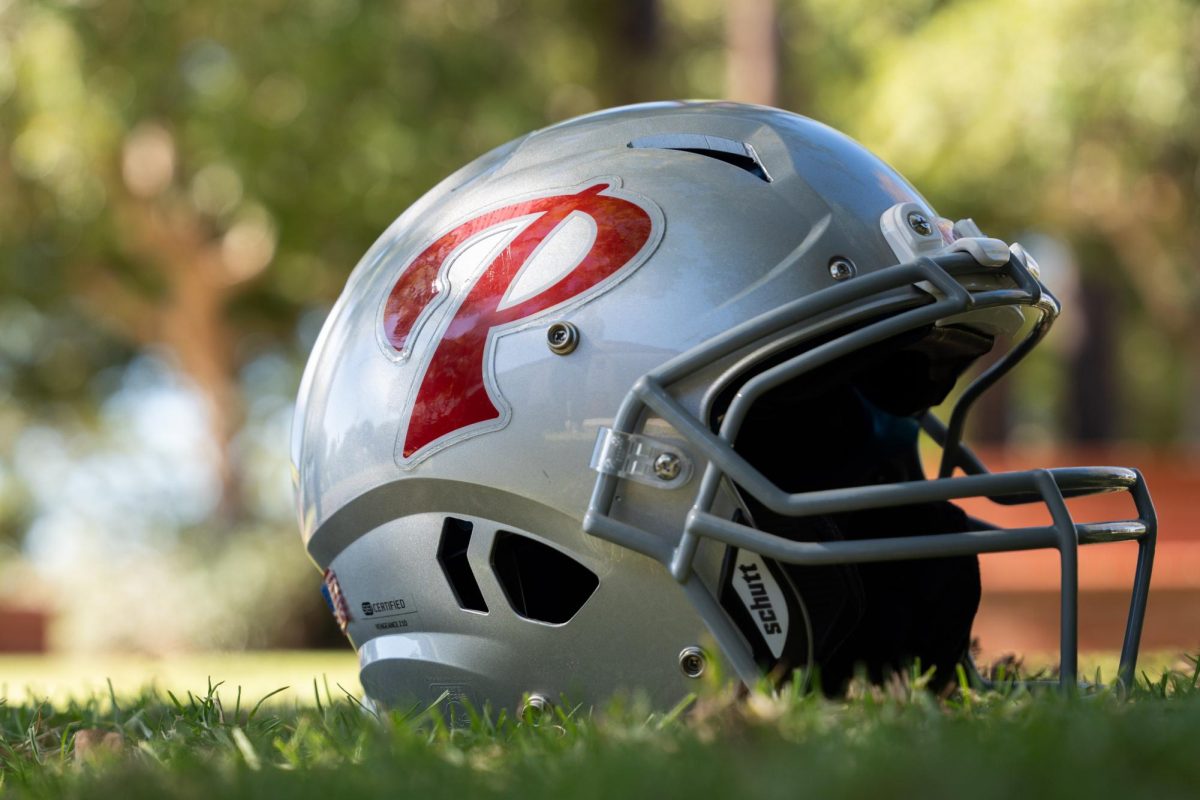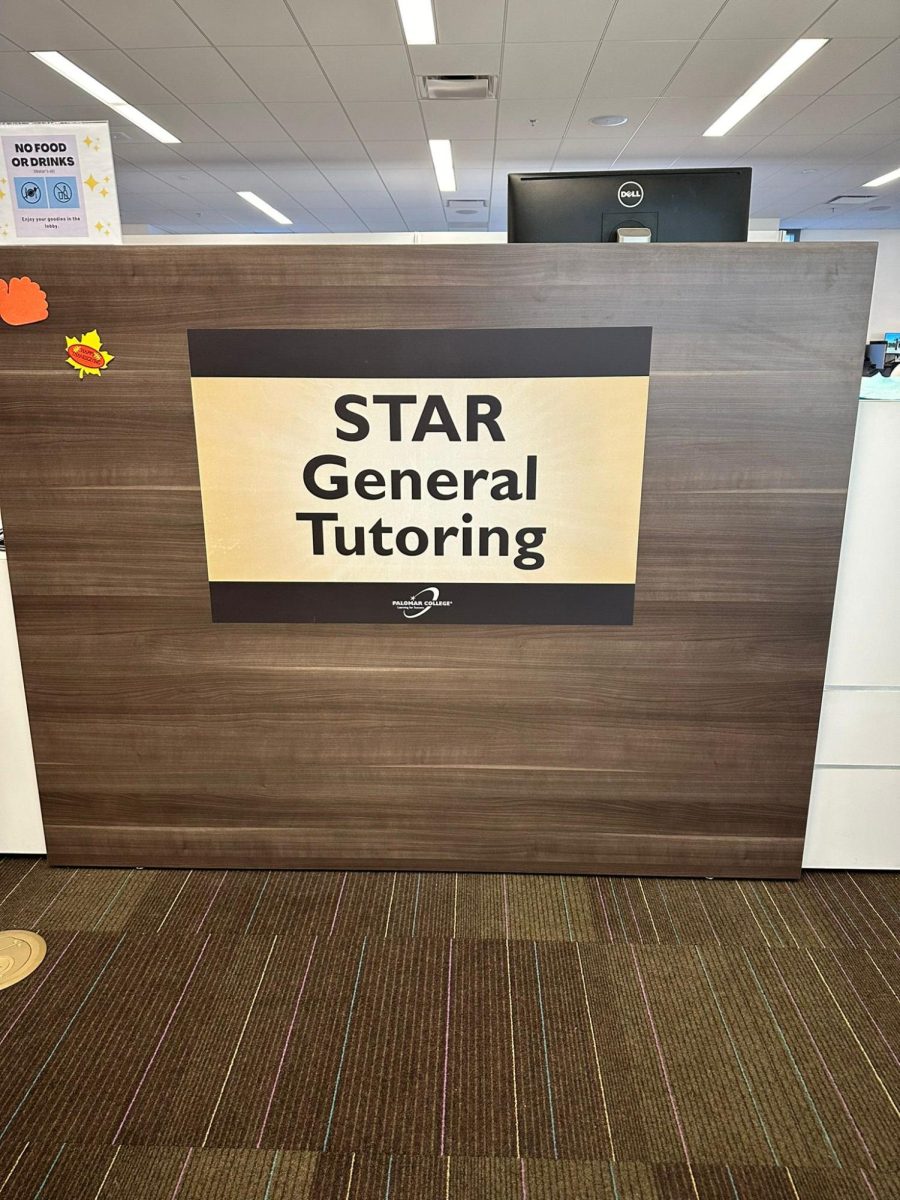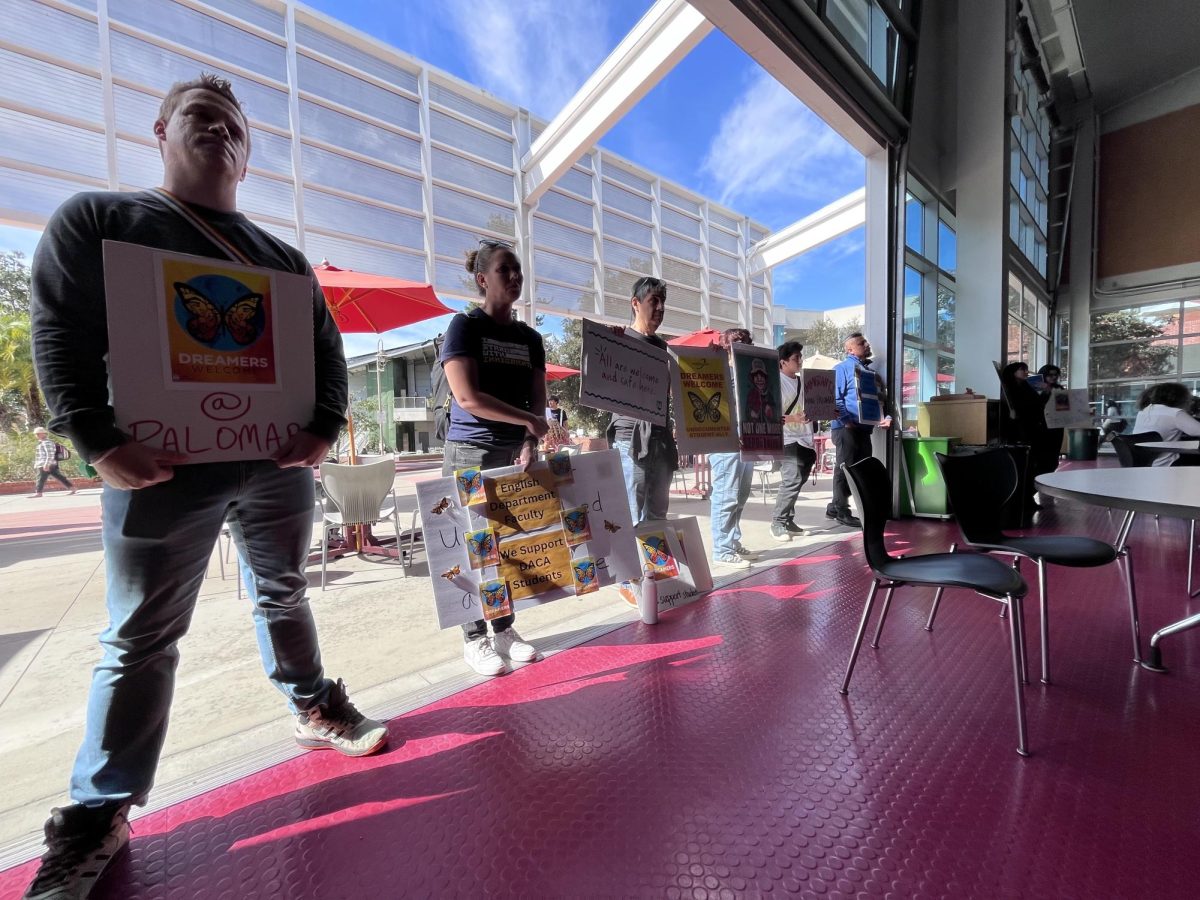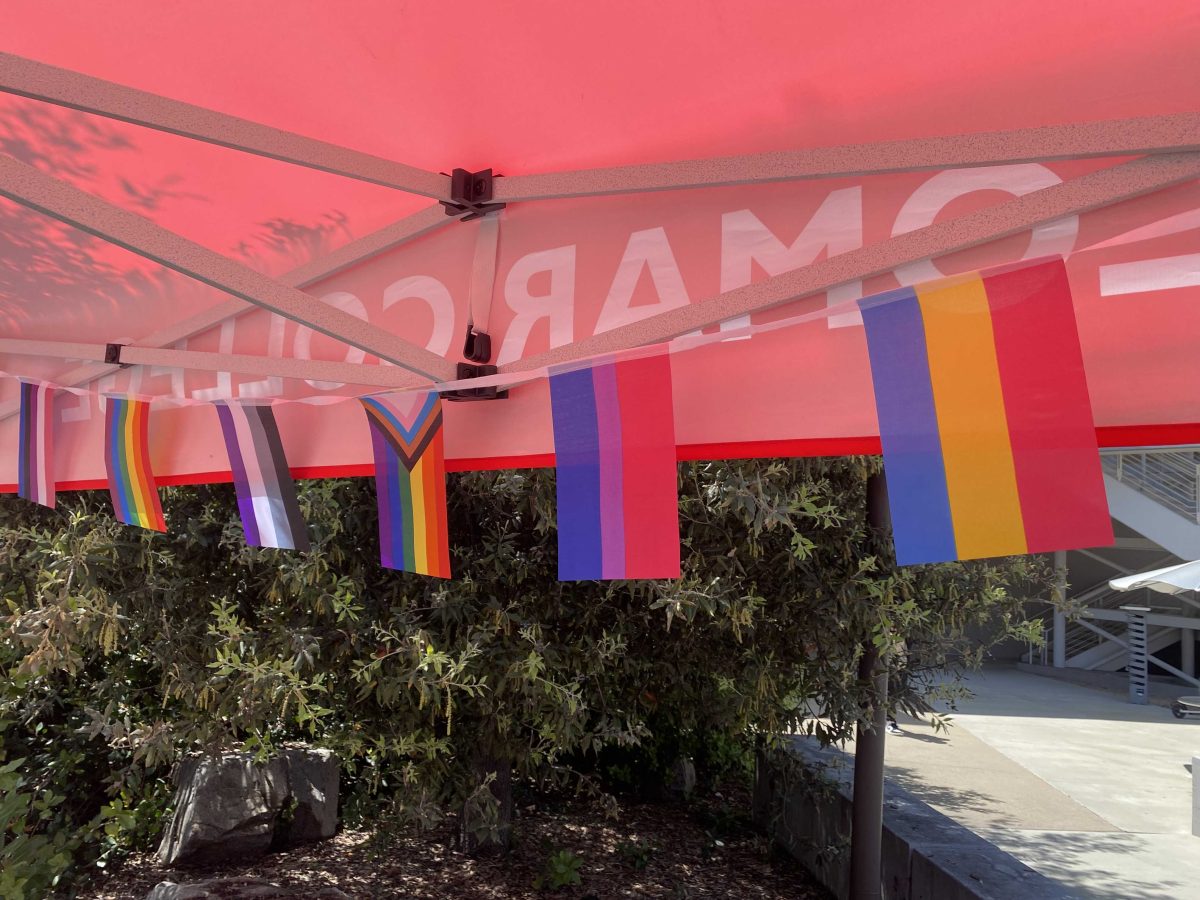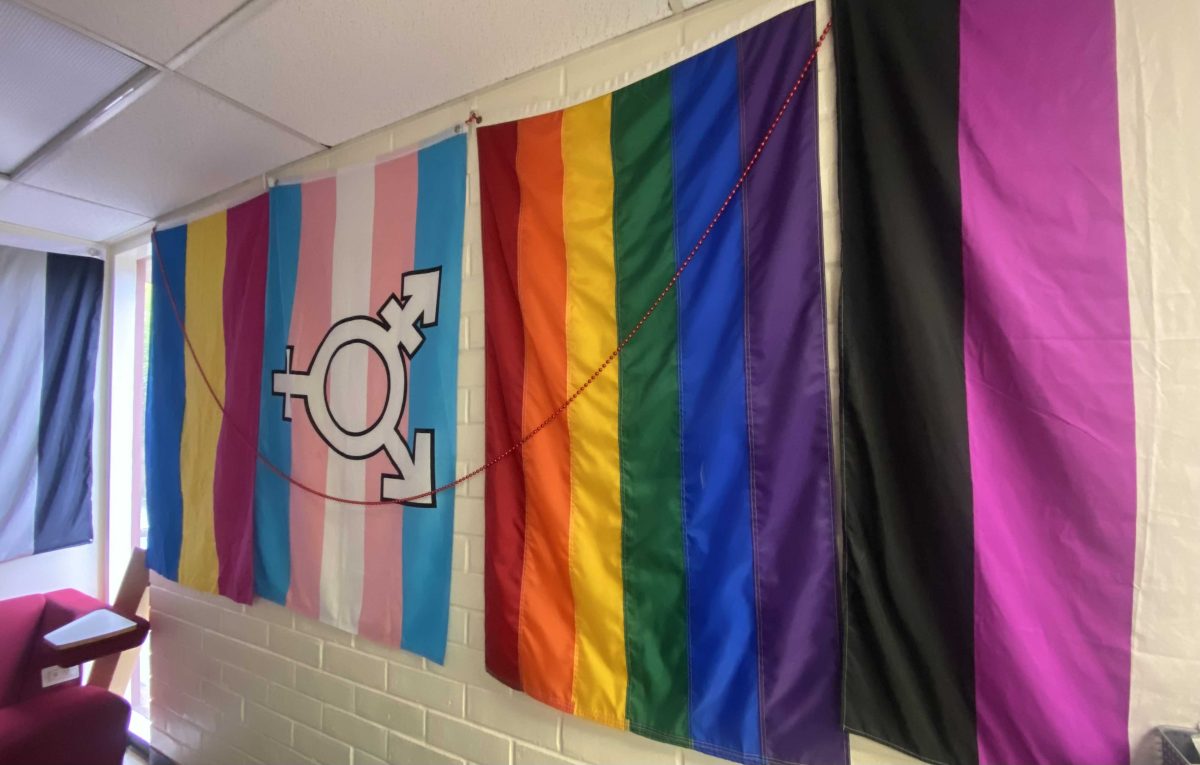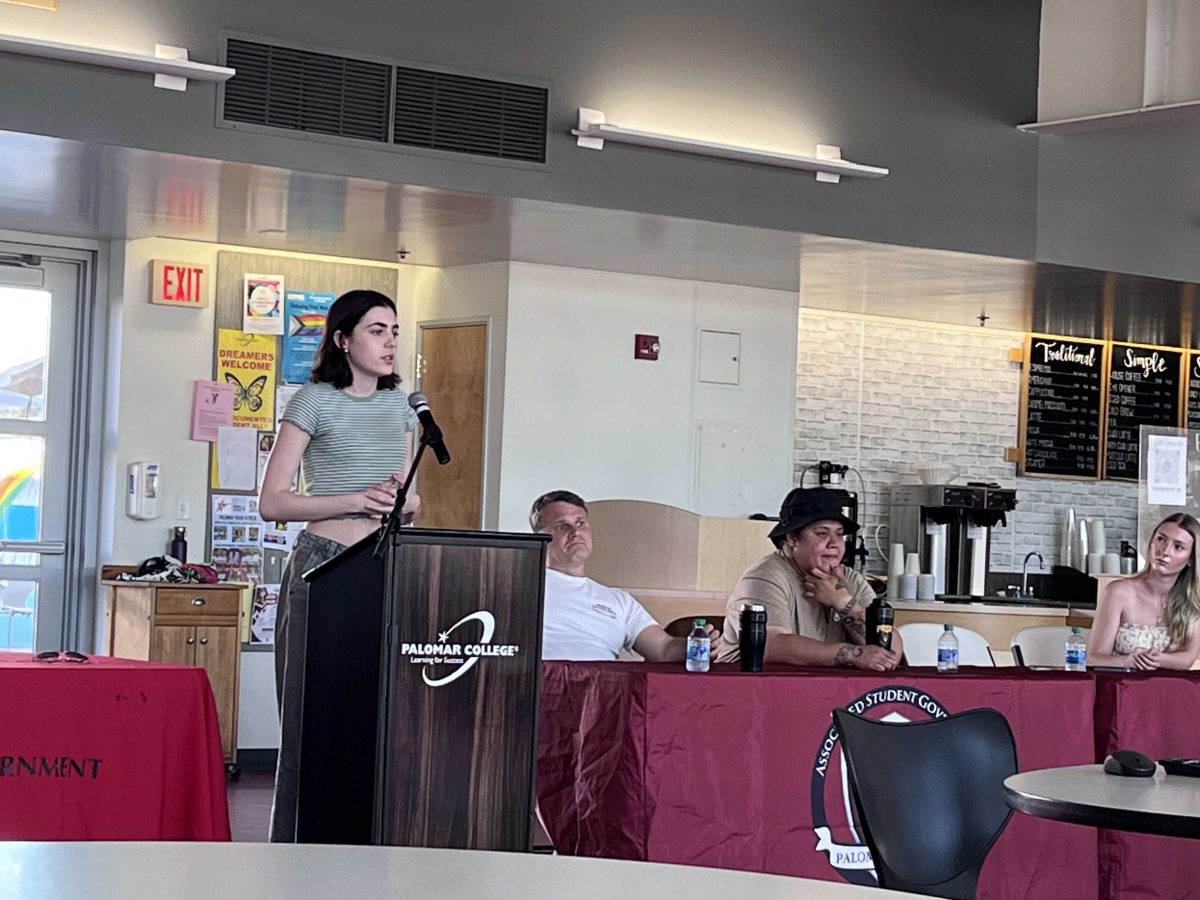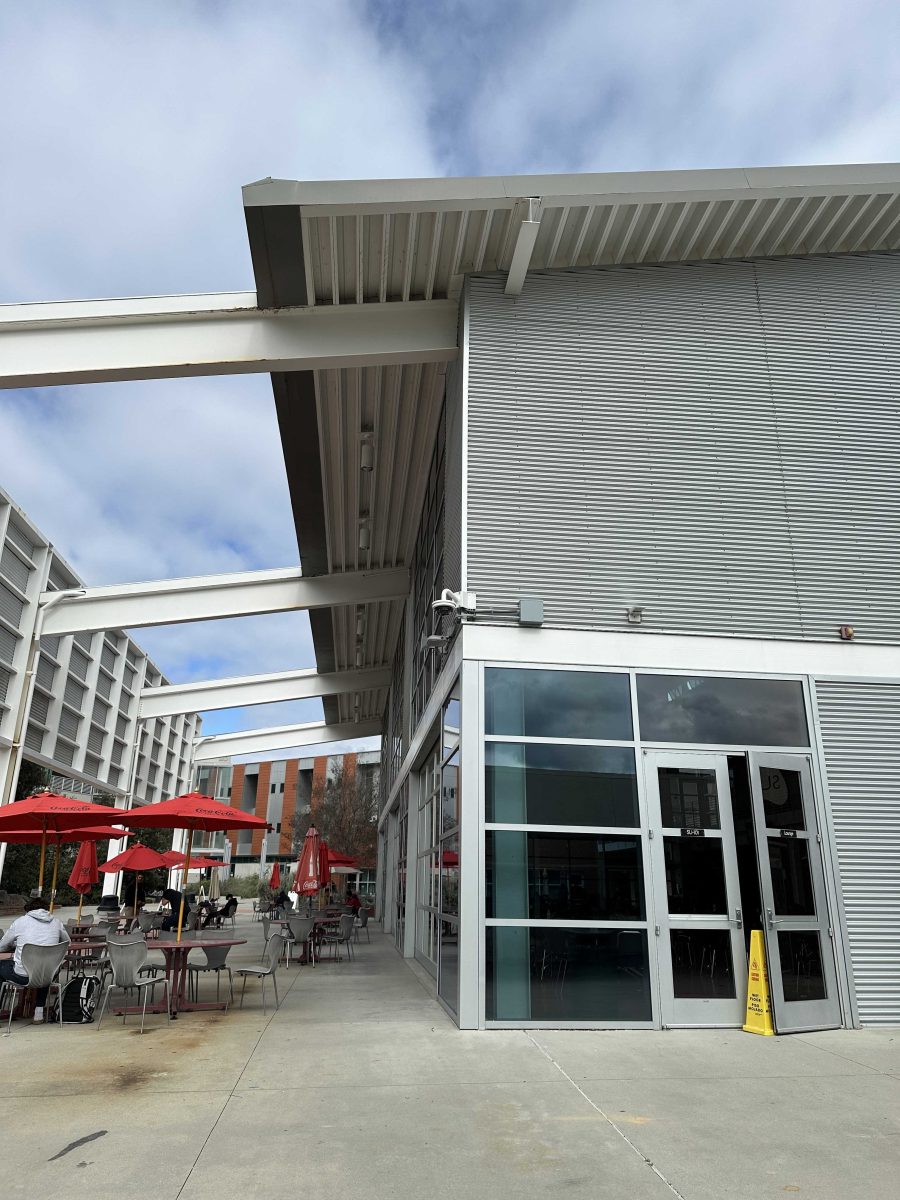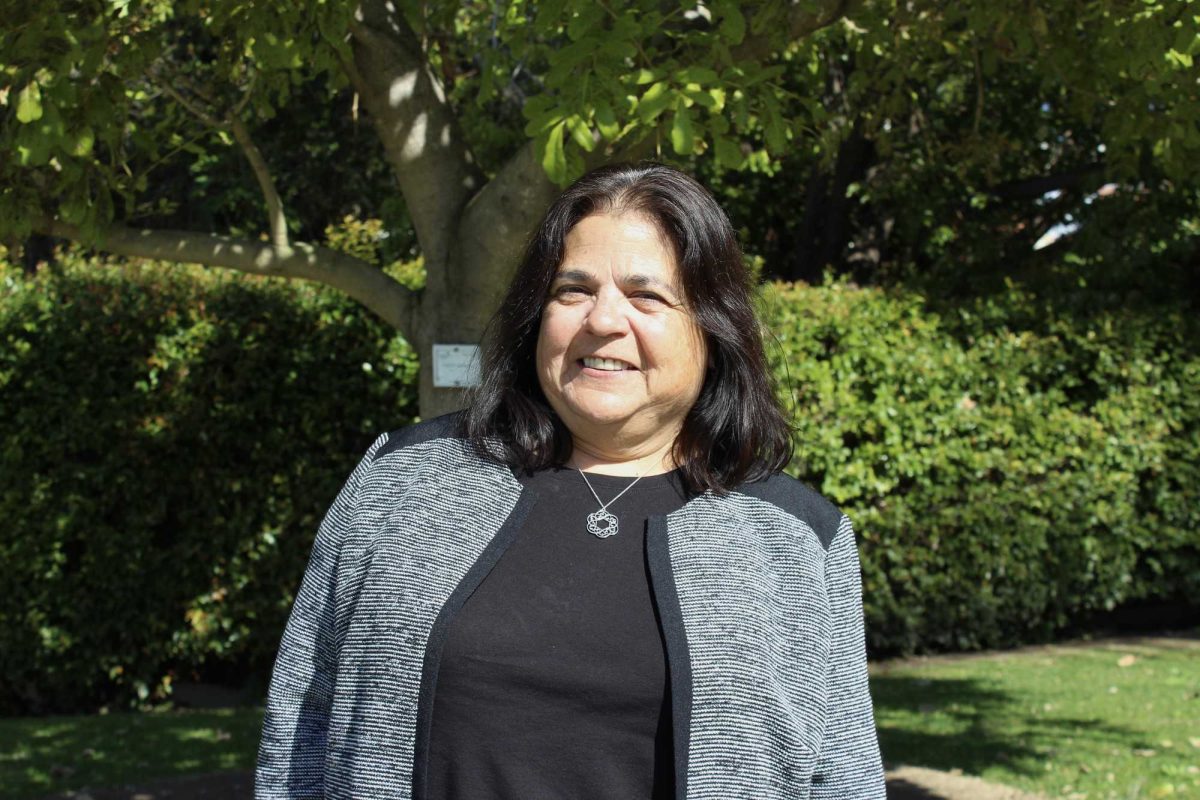Praises were sung to the Accreditation Commission for Community and Junior Colleges (ACCJC) visiting team during Palomar Colleges open College Forum, but underlying challenges were revealed and discussed amongst high praise.
Palomar College hosted a team of 13 individuals, selected by the ACCJC to review the college’s accreditation, during the week of March 2 to March 5. This site review determines the validity of a 425 page self-assessment report the college has prepared for ACCJC to warrant a reaffirmation of accreditation, guaranteeing the courses and transferable units of Palomar’s student body.
Richard Mahon, a professor at Riverside City College, led the discussion of the first College Forum held on March 3 where he stated that their job was to take a more nuanced look at the college, its effectiveness in serving its students and its quality of instruction. Mahon offered up the floor to the administrators, staff, and faculty in attendance to make statements on the college that the visiting team would like to know or hear.
Angel Jimenez, a student at Palomar and former ASG vice president, asked the team on how a student can have a voice through the accreditation process.
Stephanie Droker, vice president of Educational Services from West Hills College Coalinga, said that she gained insight from Palomar students by specifically speaking to them in between meetings.
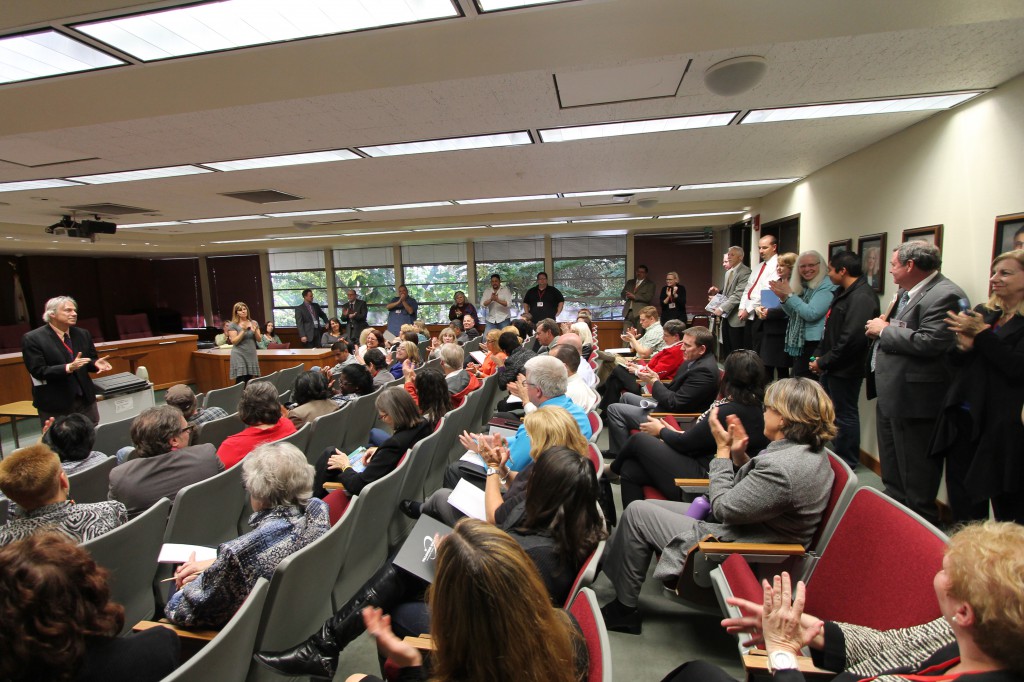
“There wasn’t one who didn’t know where to get their resources, there wasn’t one that felt they were invisible; for me that says a lot about an institution,” Droker said on speaking with Palomar students.
Mahon offered that while there was no forum centered on students during the accreditation visit, students have a voice in the quality of their instruction and the grounds around them. Quality of instruction for students can range from what classes are offered and where and when they are held.
The visiting accrediting team started the week with a tour of Palomar’s offsite educational centers in Escondido and Camp Pendleton. They then took a tour of the San Marcos campus where are a large portion of their evaluation would take place. Mahon noted that during their tour, many members on the team commented on how beautiful and well-maintained the campus was.
Aaron Holmes, alternative media specialist at the disability resource center, said that Palomar has a draw to students with the community it has created. This community is what drew him to continue his professional career at the college after being a student here. Holmes stated that the college and Palomar College Foundation helped him continue his education when his home burned down from a local seasonal fire.
“It was amazing to see the college reach out to a student,” Holmes said.
Many services, programs and events held at Palomar were mentioned to the visiting Team. The Village Mentoring Program, LGBTQA Community Resource Center, Unity in Diversity event, and Political Economy Days were just a few services and events that were presented to demonstrate the innovation and proactivity the faculty and administrators take in serving the students at Palomar.
Tod Burnett, president of Saddleback College and chair of the visiting team, led the discussion of a second College Forum held on March 4, to accommodate the scheduling of all those at the college. While the praises continued form the first forum to the next, the accrediting team sought to hear the challenges the college currently faced.
Many of those in attendance summarized that the lack of classified staff and increased workloads have minimized the effectiveness of faculty members serving its students. Other challenges included the current state of funding, enrollment levels, and communication within shared governance.

